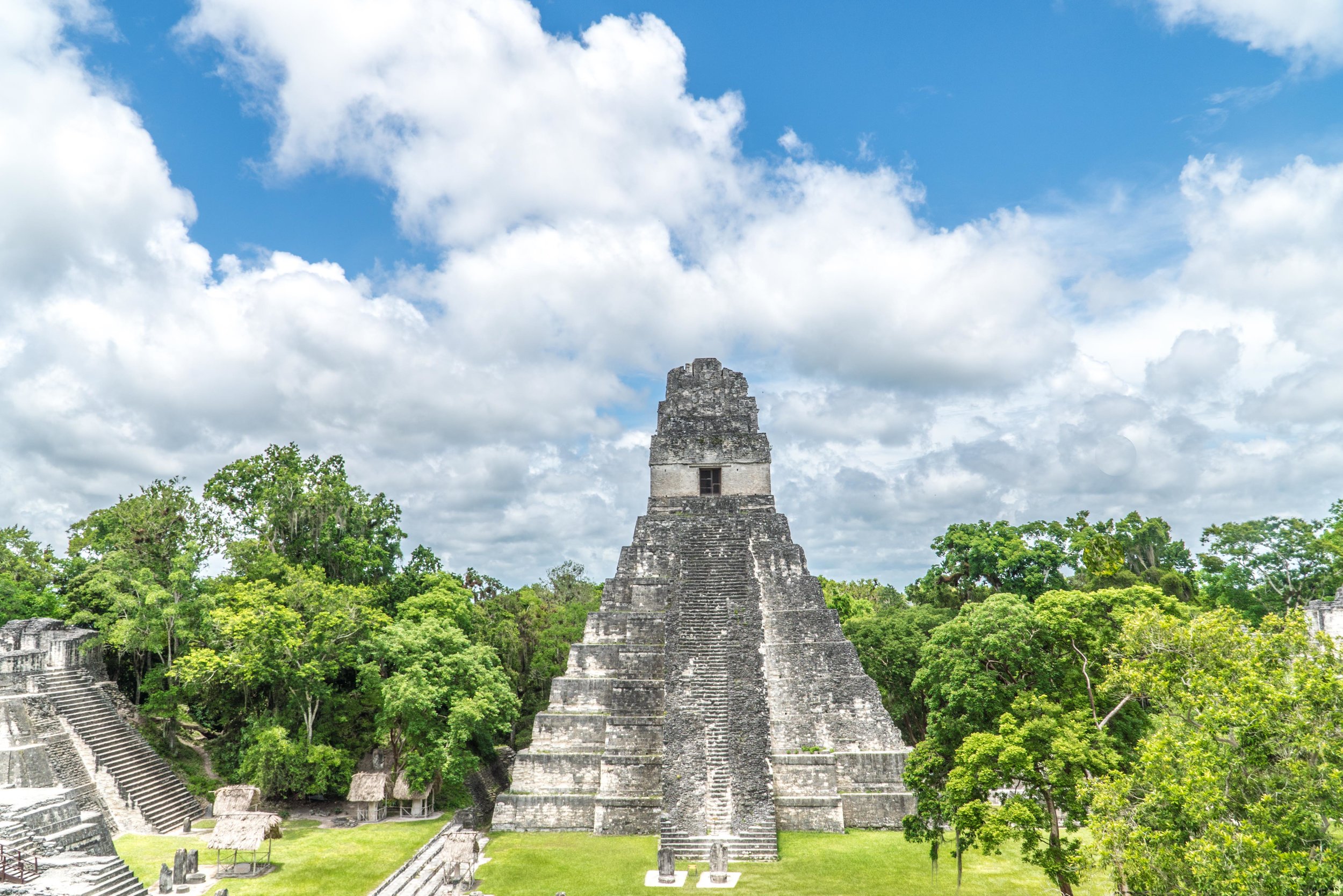What a Karate Class in Okinawa Taught me About the World
I stand in the corner of the room, watching inconspicuously as each kid follows the same pattern: walking up to the door, removing their shoes, stepping inside, and then bowing. But I quickly observe their routine change. After each one bows upon entering, they notice someone new in the room, a visitor (yours truly), who isn't from their country, no doubt appearing awkward in an oversized karategi (karate training uniform). They each then proceed to walk over to me, reaching out their hand, and with a huge grin on their face, introduce themselves in the best form of English they can muster up.
Minutes later, tenth degree grand master, Kiichi Nakamoto (the last living student of the Okinawan Goju-Ryu karate founder and a former student of Mr. Miyagi) walks in and we all rise from the floor and bow. And so it was on the small island of Okinawa in the small beachside town at a small residence inside a small karate studio, I find myself again, learning a big travel lesson, realizing how big the world is and how small I am.
Quick: name the first five travel destinations that come to mind (cue Jeopardy music)? What are they? I would imagine that Aniakchak, Alaska, Sovalye Island, Turkey, and Taketomi Island, Okinawa are on the list. Are they not? I didn't think so. Destinations like Paris, San Francisco, Vegas, New York City, Amsterdam, Hawaii, and Rome would be some of the first to probably come to mind. They are big destinations with big personalities and deserving to be top-of-mind. Beneficial, too, is that there is such tourism infrastructure in these places, that they are often more accessible. But convenience and accessibility doesn't always make for the best travel experience.
I believe that for most travelers, what they would call out as their most memorable travel experience probably didn't take place on the Golden Gate Bridge, atop the Eiffel Tower, at Times Square, or on a Hawaiian beach. They aren't picture-perfect, planned, or even expected moments. In fact, what most travelers would call their most memorable travel moments weren't planned at all. Maybe they were the result of a mishap, such as a missed flight. Or maybe they occurred at a hole-in-the-wall bar that they happened to stumble upon by accident. Or maybe it was a conversation with a local who they originally had merely asked for directions. The point is that genuine, heart-felt travel experiences often come when we least expect them. They aren't on any itinerary. They aren't in a guidebook or travel magazine. They are beneath the surface.
At the end of the karate class, Mr. Nakamoto walks me over to the center of the room, pointing to Japanese letters adorning the wall of the studio. He pauses, gives me a gentle pat on the chest, and then begins pointing at each and every Japanese character painted on the wall, explaining what they mean (with the help of my translator and travel guide for the day, Taku). "The word 'karate,' at its essence, means 'empty hand,'" Mr. Nakamoto explains to me. "It's not a practice of violence, but rather peace, to one's own self, family, and the world. Millions of people across over 175 countries are practicing this art form. And it all started here, in a tiny corner of the world, known as Okinawa." Each word he spoke struck me, as I sensed the passion in the 83-year-old man. If there was anyone who could talk about passion, peace, and life experiences, this was it.
As Taku drives me back to my hotel, I sit in the car most of the ride, pondering on the events of the day, and especially the last couple hours with Taku and Mr. Nakamoto. Finally, I turn to Taku and ask him, "Well Taku, is there anything else you want to tell me about yourself that I don't know about?" That's because I had originally been introduced to Taku via email as my tour guide for the day. Soon after I found out that he was my scuba diving instructor. Upon picking me up at my hotel, I discovered that he not only was a scuba diving instructor, but the owner of a scuba diving shop, Benthos Divers. After a morning of diving, he asks me if I'd like to eat lunch at his restaurant, which I come to find out is one of two restaurants he owns (and opening a third). It's over lunch that I find out that he's also a father of two young girls, both of whom take karate lessons from Mr. Nakamoto. But it's not until I change into my karategi and walk out onto the floor that I find out that he's not only a student of Mr. Nakamoto, but an instructor himself, proficient at karate and several other forms of martial arts, often traveling to teach karate. Oh, and did I mention he's enrolled in college?
I recently signed back up for online dating (after a failed experiment with it in Seattle), in part as a challenge, in part for the 30 at 30 list, but also in part to the fact that I'm finally living in a place that I can call home (in Los Angeles) and genuinely want to date in. I've learned quite a few things. One of which being how disconcerting it is at the number of mirror selfies by girls. But more relevant to this discussion, I've noticed that the saying, "what you see is what you get," can't be applied to online dating. Outward appearances drives the online dating experience. I'm saying this both from my personal experience, as well as my own habits. Appearances are the foot in the door.
But outward appearances would also seem to be what drives many people's general travel experiences. It's the easy, convenient, and accessible choice requiring the least amount of work. And there's nothing wrong with that. I've met people on tours and cruises who get two weeks of vacation a year and use them for week-long group tours or cruises simply because they work 70 hours a week, have a family, and don't have the time to methodically plan out a trip. But I think some of the best experiences in life, be it friendship, traveling, and even dating, require us to get our hands a little dirty, to scratch beneath the surface and find that there is more than meets the eye.
If you walked by Taku or Mr. Nakamoto on the street, you wouldn't notice anything extraordinary about them. They would probably be engaged in an everyday activity. Yet they are extraordinary in their own right. Mr. Nakamoto was one of the first to be recognized as a tenth degree, or highest level, karate master by the Japanese government, while Taku is expanding the knowledge and experiences of others, both in his own corner of Japan, and around the world. I can walk to a Japanese restaurant from my house. I can drive down the street to take a karate lesson. I can go to the beach to a diving shop to learn to scuba dive. But it would come without the experiences and lessons learned from Taku and Mr. Nakamoto in Okinawa, Japan. And it's for that, and many other reasons, that the best version of myself is out there traveling. So maybe tomorrow, rather than settling, I'll dig a little deeper into my neighborhood, friendships, family, dating, and destinations near and far, to find the diamond in the rough. And like in Okinawa, maybe doing so, will leave me, and the world around me, a little better off for it.
What unexpected lessons have you learned from traveling?













